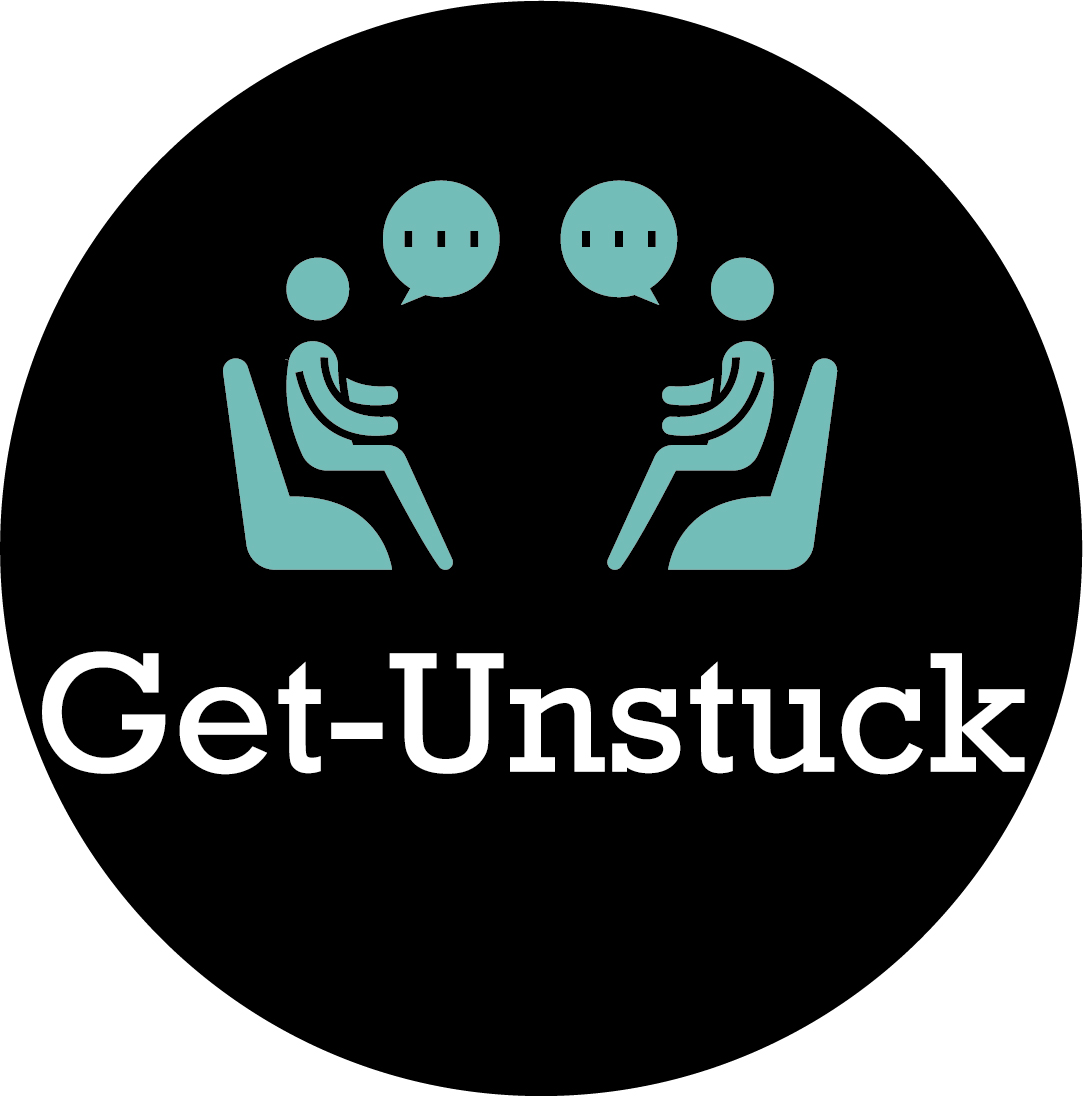Understanding CBT Therapy Techniques for Glasgow Residents
- Get

- Aug 14, 2025
- 4 min read
Cognitive Behavioural Therapy (CBT) is a practical and effective approach to managing mental health challenges. It focuses on changing unhelpful thoughts and behaviours to improve emotional wellbeing. For those living in Glasgow, understanding CBT techniques can be the first step towards feeling better and regaining control. This article explains key CBT methods, how they work, and where to find support in Glasgow.
What Are CBT Techniques Glasgow Residents Should Know?
CBT techniques are tools used during therapy to help identify and change negative thought patterns. These techniques are straightforward and can be applied in daily life. They help people understand how their thoughts affect feelings and actions. Here are some common CBT techniques:
Thought Records: Writing down negative thoughts and examining the evidence for and against them.
Behavioural Activation: Planning and engaging in positive activities to improve mood.
Cognitive Restructuring: Challenging and changing unhelpful beliefs.
Exposure Therapy: Gradually facing fears in a controlled way to reduce anxiety.
Relaxation Techniques: Using breathing exercises or mindfulness to reduce stress.
Each technique has a clear purpose. For example, thought records help you see if your worries are realistic. Behavioural activation encourages you to do things that bring joy, even when feeling low. These methods work together to create lasting change.

Using these techniques regularly can improve mental health. They teach skills that help manage stress, anxiety, and depression. Learning and practising CBT techniques Glasgow residents can access through local therapists or online resources.
How to Apply CBT Techniques Glasgow Residents Can Use
Applying CBT techniques requires practice and patience. Here is a simple step-by-step guide to get started:
Identify Negative Thoughts: Notice when you feel upset or anxious. Write down the thoughts that come to mind.
Examine the Evidence: Ask yourself if these thoughts are true. Look for facts that support or contradict them.
Challenge Unhelpful Thoughts: Replace negative thoughts with more balanced ones.
Plan Positive Actions: Choose activities that make you feel good or help you face fears.
Practice Relaxation: Use breathing exercises or mindfulness to calm your mind.
For example, if you think "I always fail," write it down. Then, list times when you succeeded. This helps you see the thought is not entirely true. Next, change the thought to "Sometimes I succeed, sometimes I do not, and that is okay." Finally, plan to try a small task you enjoy to boost confidence.
It is important to be consistent. CBT techniques work best when used regularly. You can keep a journal to track your progress. Over time, you will notice changes in how you think and feel.

If you find it difficult to use these techniques alone, consider seeking professional help. Therapists trained in CBT can guide you through the process and tailor techniques to your needs.
Is CBT Therapy Free on NHS?
Many people wonder if CBT therapy is free on the NHS. In Scotland, including Glasgow, NHS services do offer access to CBT. However, there are some important points to consider:
Referral Required: Usually, you need a referral from your GP to access NHS CBT.
Waiting Times: NHS waiting lists for CBT can be long, sometimes several months.
Limited Sessions: The number of sessions offered may be limited.
Eligibility: Priority is often given to those with more severe mental health conditions.
Because of these factors, some people choose private therapy for quicker access and more flexible options. Private therapists in Glasgow offer both in-person and online sessions. This can be a good choice if you want faster support or more personalised care.
If you want to explore NHS options, speak to your GP. They can provide information about local services and waiting times. It is also helpful to ask about self-referral options, which some areas offer.

Finding the Right CBT Therapy in Glasgow
Finding the right therapist is important for successful CBT. Here are some tips to help you choose:
Check Qualifications: Look for therapists accredited by recognised bodies.
Consider Experience: Choose someone experienced in treating your specific issues.
Decide on Format: Decide if you prefer face-to-face or online sessions.
Read Reviews: Look for feedback from other clients.
Ask About Approach: Some therapists use a strict CBT model, others combine it with other methods.
For Glasgow residents, Get-Unstuck Counselling and Therapy is a trusted option. They offer confidential, solution-focused CBT therapy. Their services include both in-person and online sessions, making it easier to fit therapy into your schedule.
When you contact a therapist, ask about their approach and what to expect. A good therapist will explain the process clearly and answer your questions. This helps you feel comfortable and confident in your therapy journey.
How CBT Techniques Can Help You Overcome Challenges
CBT techniques are practical tools that help you manage difficult emotions and situations. They teach you to:
Recognise and change negative thought patterns.
Develop healthier behaviours.
Build coping skills for stress and anxiety.
Improve problem-solving abilities.
Increase self-awareness and emotional regulation.
For example, if you struggle with social anxiety, exposure therapy can help you face social situations gradually. If you feel overwhelmed by negative thoughts, cognitive restructuring can change how you view yourself and your experiences.
Using CBT techniques empowers you to take control of your mental health. It is a skill set that stays with you beyond therapy. You can apply these methods whenever challenges arise.
Remember, progress takes time. Be patient with yourself and celebrate small successes. Over time, you will notice improvements in your mood and confidence.
Understanding and using CBT techniques can make a significant difference in your mental health journey. Whether you choose to work with a therapist or practice on your own, these methods offer clear, effective ways to improve wellbeing. For those in Glasgow, professional support is available to guide you through this process. Taking the first step towards change is possible today.




